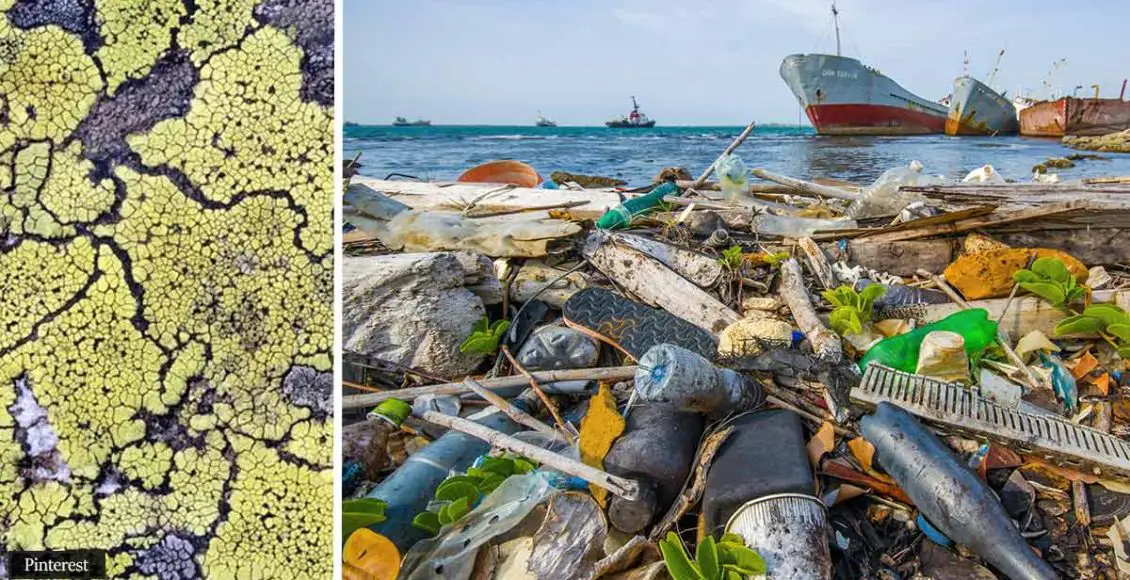Fungi have been around for one billion years now. We have already discovered their beneficial qualities in the food industry in the form of yeast and in medicine, as the basis for the production of antibiotics.
Now that we are being faced with a looming plastic disaster, our options for saving the planet from our own plastic waste are limited. The obvious solution, recycling, proves out to be terribly ineffective.
Recycling plastic is easier said than done
Since plastic production was launched about sixty years ago, we have produced over eight billion metric tons of it, while only about eight percent has been effectively recycled. As it takes a piece of plastic centuries to decompose, much of the first batches of plastic produced in the middle of the twentieth century are still around.
These objects, big and small, are choking our oceans, killing marine species, seabirds, and even whales. In Africa, plastic bags disposed of by tourists in natural parks pose a serious threat to hippos and crocodiles.
Local communities have tried different strategies to tackle the rapidly-spreading plastic menace. For example, a young “entrepreneur” from Tanzania has been repurposing used plastic bags as mattress filling, but such initiatives are just a tiny drop in the bucket.
Fungi are the Earth’s greatest cleaners
Fungi, on the other hand, are probably the most efficient cleaners on this planet. They have long been used to clean oil spills and even radioactive pollution. Not surprisingly, they can now help us get rid of the heaps of plastic waste that are threatening to take over the world.
A rare species of fungus known as Aspergillus tubingensis was discovered at a landfill in Pakistan last year and the team of biologists was amazed to find out that It took the organism less than sixty days to biodegrade polyester polyurethane into smaller pieces by breaking its chemical bonds.
PU is just one of the hundreds of types of plastic we produce every day. It finds application as fridge insulation and is a compound of synthetic leather. After the encouraging initial trials, scientists are now hoping to genetically modify the organism so that it starts to show an appetite for some other kinds of plastic as well.
PET eating enzyme
Earlier in 2018, a team of scientists reported that they had discovered an enzyme that eats Polythylene terephthalate (PET), which is the most common type of plastic currently in production. They are now working to make the enzyme more plastic-hungry and launch its mass production. In the meantime, we should do whatever we can to reduce the use of plastic in our everyday life.
Plastic accounts for up to 80% of the total domestic refuse of a modern household. Most of the low quality plastic items are burnt, a tiny part of them is recycled and the bulk is exported to developing countries like Malaysia.


